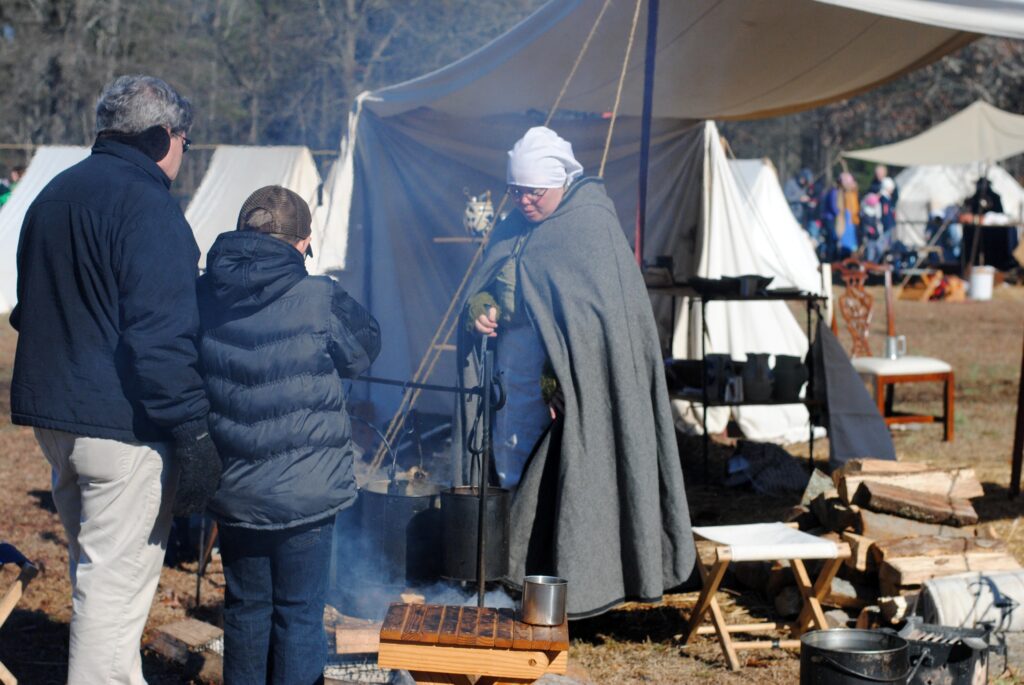 Do you remember what you wanted to be when you were a child? At one point, I wanted to be a veterinarian, then later a lawyer. After joining the debate team in middle school, I discovered the theatre department. This was what I wanted to do. And while I loved debate and did well, being on the stage was NOT for me. But working backstage opened a whole new world. I went on to obtain my Bachelor of Fine Arts degree and worked professionally for years.
Do you remember what you wanted to be when you were a child? At one point, I wanted to be a veterinarian, then later a lawyer. After joining the debate team in middle school, I discovered the theatre department. This was what I wanted to do. And while I loved debate and did well, being on the stage was NOT for me. But working backstage opened a whole new world. I went on to obtain my Bachelor of Fine Arts degree and worked professionally for years.
But alas, the decision to have children changed all of that, and I switched to having a ‘day job.’ After a short stint in video production, I went into GIS, mapping environmental data onto maps, sort of like what you see now on your computer, where you can query a map for the information you need. Moving to Europe, I left that field behind as well. In between, I had other careers that didn’t last as long. Now, I write historical fiction.
So, I suppose my response was always that I haven’t decided what I want to do when I grow up. You may be wondering where I am going with this. We’ll be returning to the States in September, most likely back to Virginia, where I hope to be once again involved with the 7th Virginia Regiment, interpreting Colonial America during the Revolution. And I’m trying to decide what I will be next.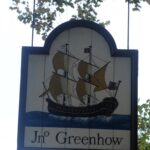
As if the internet knows, those subjects are becoming popular on my Facebook feed, and I recently joined the Civilian Contingent when a post on their page caught my eye. It was a plea for interpreters in other fields. Most often, our events revolved around a particular battle. For those of us who didn’t fight, we had to find our own way. Many of us took the easy road, cooked, sewed, and talked to the public. One of my earliest articles on here was about that. But after seeing their post, I realized there are so many options and areas to explore. So what do I want to be when I return?
I sat down and googled the potential occupations. I found a huge list. Some of the more common are: tavern-keepers or alewives, shopkeepers, cobblers, tinsmiths, wigmakers, apothecaries, glass-blowers, midwives, surgeons, bakers, barbers, basket weavers, milliners, brewers, potters, seamstresses, printers, flower sellers, chandlers, soap-makers, beekeepers, bookshop owners, weavers, spinners, silversmiths, herbalists, nurses, the list could go on…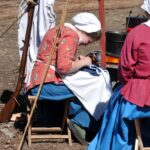
While I found many of the choices attractive, there were few it would be possible to portray at a weekend event. Most of them entail a physical location. It’s hard to be a tavern keeper without a tavern, or a shop owner without a storefront. Specialty tools are necessary for some, such as a printing press, or bellows. Being a silversmith would be downright expensive. And they all require research and training to learn the craft. What are the odds of needing a midwife on site?
Our group has a surgeon, but it is not my cup of tea, anyway. Did you know that until the 18th century, the local barber was also the surgeon? However, a new law limited them to shaving, haircutting, and dentistry. And we have a preacher for Sunday morning services, not that I could do that as a woman.
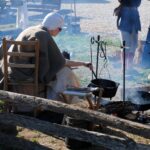 So far, I have spent my time cooking. And I suppose that will continue. But offering more options might bring in those wives who so far haven’t been interested. We’ve expanded the topic of food by creating displays of what folks would have available at that time of year, in that location, during that period in the war. Contrasting this would be the meager soldier’s rations. I added information on plants and their medicinal and cooking uses. I found people were interested in this, so I didn’t mind being one of the cooks. Every good homemaker knew what herbs grew where she lived. Pretty much everyone grew food and tended animals. Hmm, would that justify getting chickens? Goats? Or pigs?
So far, I have spent my time cooking. And I suppose that will continue. But offering more options might bring in those wives who so far haven’t been interested. We’ve expanded the topic of food by creating displays of what folks would have available at that time of year, in that location, during that period in the war. Contrasting this would be the meager soldier’s rations. I added information on plants and their medicinal and cooking uses. I found people were interested in this, so I didn’t mind being one of the cooks. Every good homemaker knew what herbs grew where she lived. Pretty much everyone grew food and tended animals. Hmm, would that justify getting chickens? Goats? Or pigs?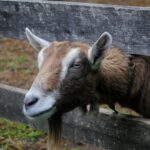
On occasion, when I had time, I made sure I had a bit of sewing with me to show to those walking past our camp. I would love to learn to weave. But my chat with the weaver in Colonial Williamsburg was eye-opening. At that point in time, men were the weavers. And weaving fabric was not allowed in the colonies as that would take income away from Britain. Large plantations did have male weavers for clothing for their slaves. Women did spin on a small scale to make items such as gloves and scarves for their families.
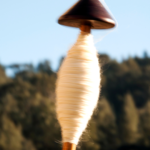 Maybe this time, I will learn to use my drop spindle and spin a bit of thread. I started this before but was constantly interrupted and didn’t spend enough time on it. Maybe I could weave straw hats? Or make candles? Or possibly make soap? Those may end up being spring and fall activities. Who wants to do that when the weather is pushing 100 degrees!
Maybe this time, I will learn to use my drop spindle and spin a bit of thread. I started this before but was constantly interrupted and didn’t spend enough time on it. Maybe I could weave straw hats? Or make candles? Or possibly make soap? Those may end up being spring and fall activities. Who wants to do that when the weather is pushing 100 degrees!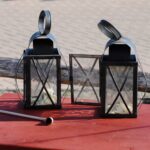
So, I suppose it is time once again to decide what I want to do when I grow up, or rather when we return. If you were me, what would you do? What colonial occupations interest you?
